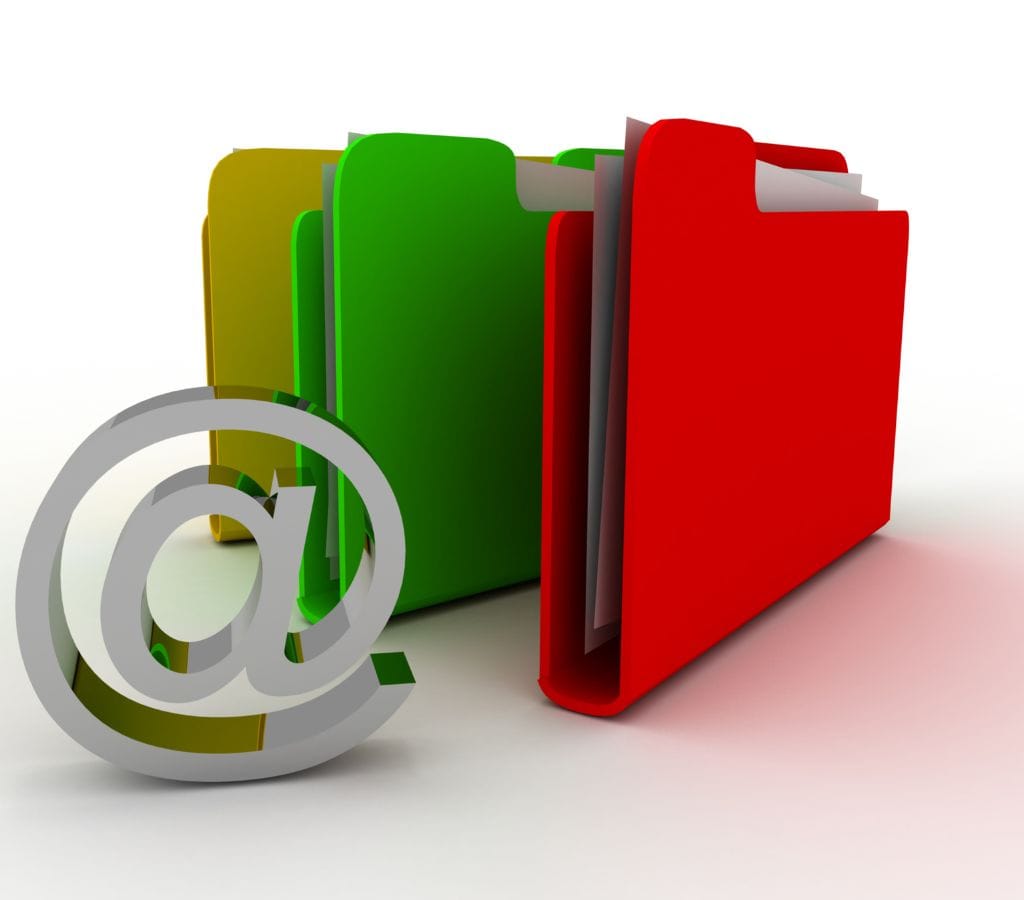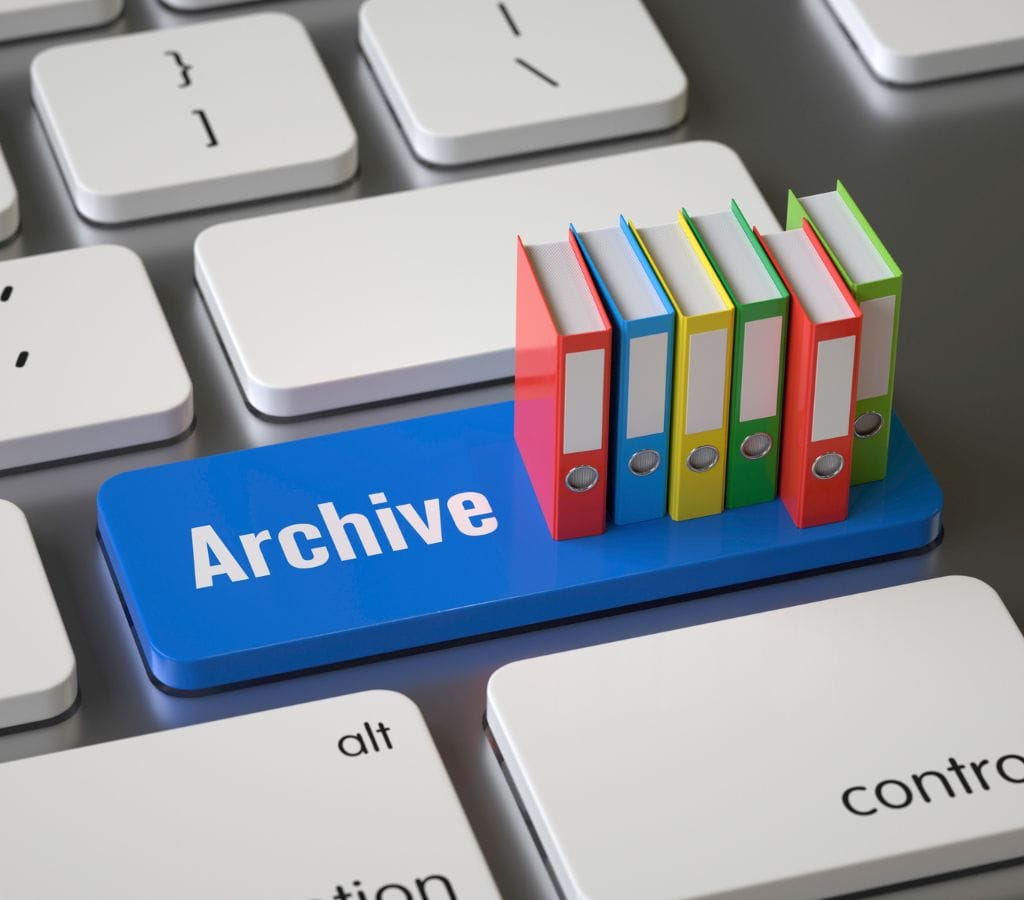Email archiving is a way to keep email messages and their files safe for a long time by putting them in a secure, searchable archive. Every day, businesses create a huge amount of email data. Managing this data correctly is important for compliance, storage, and operational efficiency.
What is Email Archiving?
Email archiving is the process of capturing, storing, and managing email messages and their attachments in a secure and organized manner. This makes main mail servers less busy and makes it easy to get messages even after long periods of time. Archiving solutions often offer more complex search options and retention policies than traditional email storage, which may be limited to a user's inbox or server.

Benefits of Email Archiving
Data Compliance
There are strict rules about how long many businesses have to keep data. Email archive helps businesses meet these standards by keeping emails safe in a place where they can't be changed. This is very important for government reports and investigations.
Legal Protection
Archived emails can serve as crucial evidence in court. A well-kept email collection ensures that you keep important messages safe and can quickly find them for legal or compliance reasons.
Email Storage Solutions
Archiving emails helps you use storage space by removing old or less important emails from your main email server. This reduces storage expenses and enhances output because employees can find information faster in a less filled mailbox.
Email Recovery Solutions
Email archives are very important for getting back in touch with people after a disaster or system failure. In order to keep operations going, they ensure that important information stays safe even if key employees leave the company.

How to Archive Email Correctly?
In order to get the most out of their email archiving plan, businesses should follow a few best practices:
- Assess Needs: Know exactly what you need to do to archive your emails, such as for safety, data management, or e-discovery.
- Choose a Solution: Compare different email archiving options based on their costs, benefits, and growing ability. For example, on-premises, cloud-based, or hybrid systems are all options.
- Use Retention Policies: Clarify your email retention policies to determine how long emails should be saved and when to delete them.
- Train Employees: Ensure the right people know how to use the archiving system and understand the rules.
- Regular Review: Keep looking at the archiving strategy and making it better to keep up with new rules as well as the business needs.

Different Types of Email Archive
Several types of email archive services are available, and each one meets a different set of business needs:
- On-Premises Email Archiving: The data are kept on the company's computers and give full control, but they need a lot of IT resources.
- Cloud Email Archiving: Hosted by a third party, cloud-based archives are usually cheaper and easier to manage.
- Hybrid Email Archiving: These hybrid on-premises and cloud solutions offer file storage alternatives.
- Journaling Archives: Make copies of all email messages for a long time. This is helpful for law and compliance reasons.
- Mailbox-Level Archives: These mailbox-focused archives work well for departments or workers that need to store emails long-term.
In conclusion, email archiving isn't just a way to keep email data safe; it's also a complete way to manage company data, ensure compliance, and improve operational efficiency. Businesses can protect themselves from legal risks and improve productivity and data management at the same time by archiving emails correctly.

